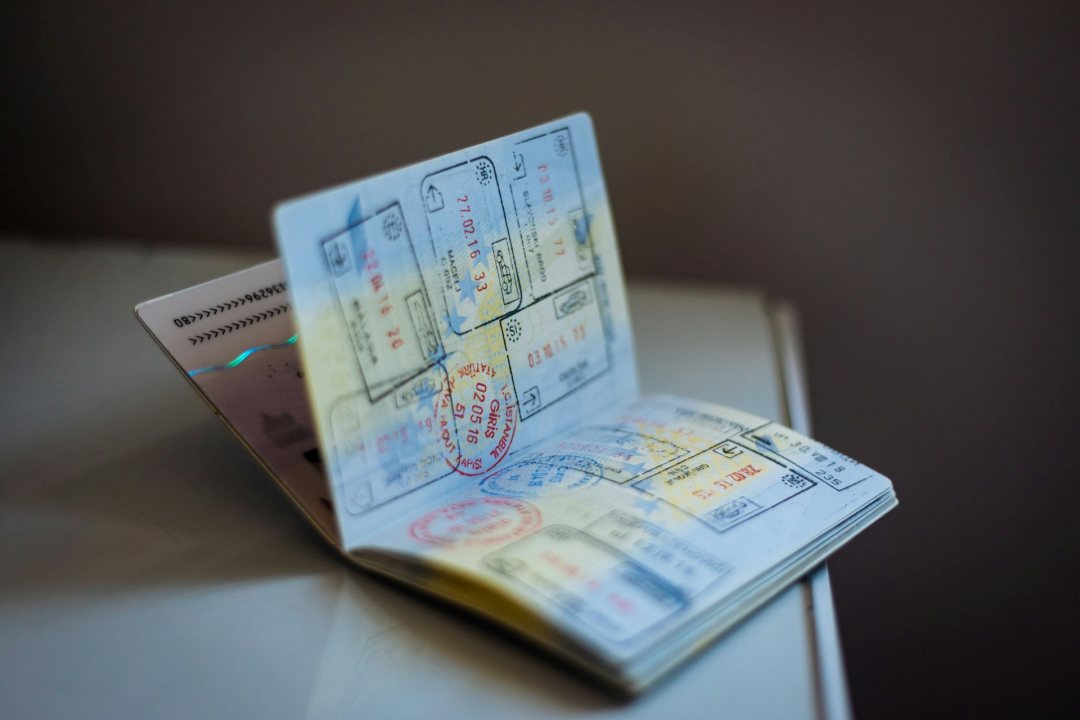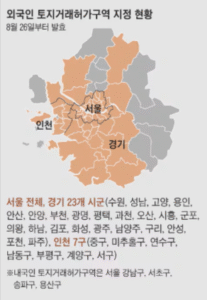
Looking to work in Korea? The Key Points of the E-7 Visa for Foreigners
When talking with foreign students in both online and offline settings, one of the most common concerns is, “How can I stay in Korea for a long time?” The answer usually leads to, “How can I find a job and earn money in Korea?”
As you may know, foreign students who wish to remain in Korea long-term must secure employment with a Korean company and obtain what is commonly known as the E-7 (Special Activity) visa. Of course, after graduating from university, there are other options like the F-2-R (Regional Specialization Visa), F-6 (Marriage Visa), D-8 (Investment Visa), and D-9 (Trade Management Visa), which allow for a change in visa status.
Today, I will explain the E-7 visa, which is particularly popular among foreign students after graduation.
Basic Principles of the E-7 Visa
The E-7 visa is divided into four categories based on the level of expertise and the ability of the position to be filled by a Korean national: skilled workers, semi-skilled workers, general skilled workers, and highly skilled workers. Each of these categories is subject to different management and introduction standards.
For highly skilled workers, where it is difficult to replace them with Korean nationals, and who are deemed to contribute significantly to national competitiveness, the visa process is relatively simple. In other words, if their expertise is deemed essential to the country, the visa is issued quickly and easily, allowing them to settle in Korea.
On the other hand, for semi-skilled, general skilled, and skilled workers, stricter conditions apply, as there is a concern that they may compete with Korean nationals for jobs. Therefore, conditions such as eligibility, salary requirements, and company-specific foreign employee quotas are in place to protect Korean workers.
Simply put, there are several types of E-7 Special Activity visas. Some are easier to obtain, regardless of how many Korean employees the company has, while others are much stricter and harder to get.
Eligibility and Introduction Criteria

The E-7 visa is issued to individuals who will be engaged in specific activities designated by the Minister of Justice, who recognizes the need to bring in foreign talent with specialized knowledge, skills, or functions to enhance national competitiveness. In other words, only those working in the fields designated by the Minister of Justice can receive the E-7 visa.
If the field or occupation does not fall within these designated categories, the visa cannot be issued. The visa categories are divided into four groups: professional occupations, semi-professional occupations, general skilled occupations, and skilled occupations.
Currently, only 87 types of occupations are open to foreigners based on the Korean Standard Classification of Occupations. This system is designed to attract talent in specific fields and utilize their expertise.
| Category | Classification Criteria | Reference |
|---|---|---|
| E-7-1 | Highly Skilled Workers | Managers and Professionals (67 occupations) |
| E-7-2 | Semi-Skilled Workers | Office and Service Workers (9 occupations) |
| E-7-3 | General Skilled Workers | Skilled Workers and Related Occupations (8 occupations) |
| E-7-4 | Skilled Workers | Established August 2017 (3 occupations) |
Professional Occupations (E-7-1)
This category includes 67 occupations selected by the Minister of Justice, covering managers and professionals from the Korean Standard Classification of Occupations. It includes roles such as high-ranking executives in economic organizations and experts in fields like life sciences. Foreign nationals who graduated from a Korean university or a prestigious overseas university and wish to enter Korea for professional roles can apply for this category, but it’s crucial to find the detailed occupational code that matches your major and experience.
Semi-Professional Occupations (E-7-2)
This category includes nine occupations selected by the Minister of Justice, including office workers, service workers, and sales workers. These semi-professional roles are in high demand and offer relatively more job opportunities within Korea.
General Skilled Occupations (E-7-3)
This category includes occupations such as agricultural workers, craftsmen, and plant machine operators, with three positions designated by the Minister of Justice.
Skilled Occupations (E-7-4)
This category was established in August 2017 and includes three occupations from skilled agricultural, forestry, fishery, and related machinery operators. Workers who enter Korea under the E-9 visa for non-professional employment can upgrade to the E-7-4 visa after meeting certain conditions.
The E-7 visa is essential for foreign students who wish to stay and work in Korea long-term. Since there are multiple categories and criteria, it’s crucial to select the occupation that aligns with your major and experience. If you are recognized as a valuable professional, the process can be straightforward, but if not, the requirements may be stricter. Proper preparation is key to successfully obtaining the visa.
In the next article, we will look into the specific eligibility criteria and required documents for successfully obtaining the E-7 visa in Korea. If you have any questions or need assistance regarding your visa, feel free to reach out to the contact information below.
- https://blog.naver.com/celloberlin
- Kakao : phdcelloberlin
- Whatsapp : + 82 10-3174-3793
- celloberlin@naver.com









